US and Iran resume nuclear talks in Oman amid tensions
- Update Time : Monday, April 14, 2025
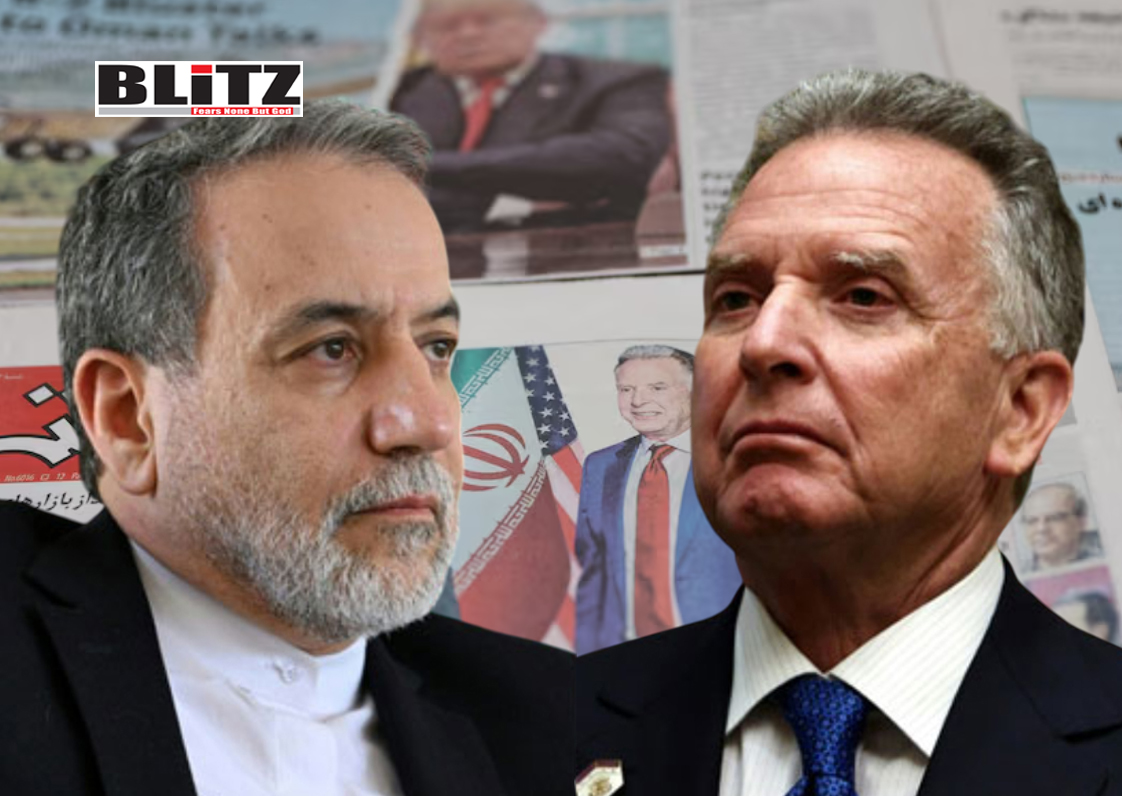
After years of diplomatic silence and increasing hostility, Iran and the United States have reopened a critical line of communication centered on Tehran’s nuclear program and the future of US sanctions. The rare engagement, held in Muscat, Oman on April 12 (Saturday), marks a cautious but potentially significant turning point in a relationship marred by mistrust, threats of military confrontation, and international tension.
The meeting, brokered by Oman, featured senior officials from both sides: Iranian Foreign Minister Seyed Abbas Araghchi and White House Special Envoy to the Middle East Steve Witkoff. Despite being conducted largely through Omani intermediaries, the talks concluded with a brief, direct face-to-face exchange between Araghchi and Witkoff, facilitated by Omani Foreign Minister Badr al-Busaidi. It was the first such moment of direct diplomacy between the two nations under President Donald Trump’s second term.
Foreign Minister Araghchi characterized the engagement as “constructive,” emphasizing the respectful tone of the dialogue and the absence of hostile rhetoric. “No inappropriate language was used, and the two sides demonstrated their commitment to advancing the talks until the achievement of a mutually favorable agreement from an equal position,” he told reporters following the meeting.
According to Araghchi, the meeting laid the groundwork for a framework that both sides hope to solidify in upcoming negotiations. The next round is scheduled for April 19, although the location may change from Muscat to another neutral venue.
“In the next round of the talks, we will try to enter the negotiations agenda, which will of course have a timetable alongside it,” he added, signaling that both parties are now contemplating structured and phased discussions – a move analysts say is essential for any long-term breakthrough.
President Trump, speaking aboard Air Force One on April 12, acknowledged the talks in typically reserved terms: “The talks with Tehran are going okay.” The White House was slightly more enthusiastic, highlighting the brief direct exchange between Witkoff and Araghchi as a positive development.
“This direct communication is a step forward in achieving a mutually beneficial outcome,” the administration said in a statement, adding that Witkoff’s presence underscored Washington’s seriousness about diplomacy even amid threats of military options should talks falter.
Steve Witkoff, known for his behind-the-scenes diplomatic maneuvers, has previously been instrumental in regional negotiations, including a temporary Gaza ceasefire that gained bipartisan praise. His appointment as special envoy for the Middle East during Trump’s second term marked a shift from aggressive rhetoric to calculated engagement, though the administration still maintains a hardline posture.
Despite the diplomatic thaw, experts remain cautious. While both sides expressed hope for “real talks,” serious obstacles loom. Iran’s government continues to reject sweeping concessions on its nuclear program, particularly regarding uranium enrichment and regional missile development. At the same time, Washington’s willingness to ease sanctions is tied to firm, verifiable commitments-something Tehran has been reluctant to provide without guarantees.
Furthermore, President Trump has reportedly imposed a tight two-month deadline on the negotiating team, urging swift results. According to senior officials, the president has warned of possible military action or increased sanctions should the talks collapse or stall beyond June.
This ticking clock has added pressure to what observers are calling a “make-or-break” window for diplomacy. “We’re at the start of something promising, but the margin for error is thin,” said Alireza Nader, a senior fellow at the Washington-based Institute for Middle East Strategy. “The Trump administration’s deadline creates urgency, but it could also derail progress if used as a threat rather than a motivator.”
The success of the renewed talks will also depend on the domestic political dynamics in both Iran and the United States. In Iran, hardline elements remain deeply skeptical of any deal involving the US, especially after the Trump administration’s withdrawal from the 2015 Joint Comprehensive Plan of Action (JCPOA) during his first term. That decision, paired with crippling sanctions and the assassination of top General Qasem Soleimani in 2020, has severely damaged public and institutional trust in Washington’s intentions.
Within the US, Trump faces criticism from both political allies and opponents. Hawks within his party oppose any perceived concessions to Iran, viewing the regime as inherently untrustworthy. Meanwhile, Democrats argue that Trump’s past actions have weakened America’s negotiating leverage and question whether the current effort is merely a political gesture ahead of the 2026 midterms.
Once again, Oman has emerged as a key diplomatic player in the Gulf, using its neutral stance to bring together adversaries for dialogue. Muscat played a similar role in facilitating secret talks during the lead-up to the original 2015 nuclear deal, and Saturday’s engagement reinforces Oman’s reputation as a vital backchannel in a region often plagued by polarization.
Foreign Minister Badr al-Busaidi was instrumental in hosting and guiding the current round, reportedly smoothing tensions when discussions became tense and ensuring that face-to-face contact occurred before both parties departed.
Both Iran and the United States now appear poised to enter a more detailed phase of talks, although whether these “real talks” will result in meaningful compromise remains uncertain. The April 19 meeting is expected to delve into specifics, with the goal of producing a preliminary roadmap by early May.
While it remains too early to forecast a return to a full nuclear agreement or the lifting of sanctions, the mere fact that both nations have engaged diplomatically for the first time in years is significant. Whether this step proves to be the beginning of a new chapter or another failed attempt at rapprochement will depend on the political will, patience, and mutual respect that both sides can maintain in the turbulent weeks ahead.
In a world shaped increasingly by geopolitical realignments and regional instability, the reopening of the US-Iran dialogue in Muscat is a rare glimmer of cautious hope-and a reminder that diplomacy, however fragile, is still possible.


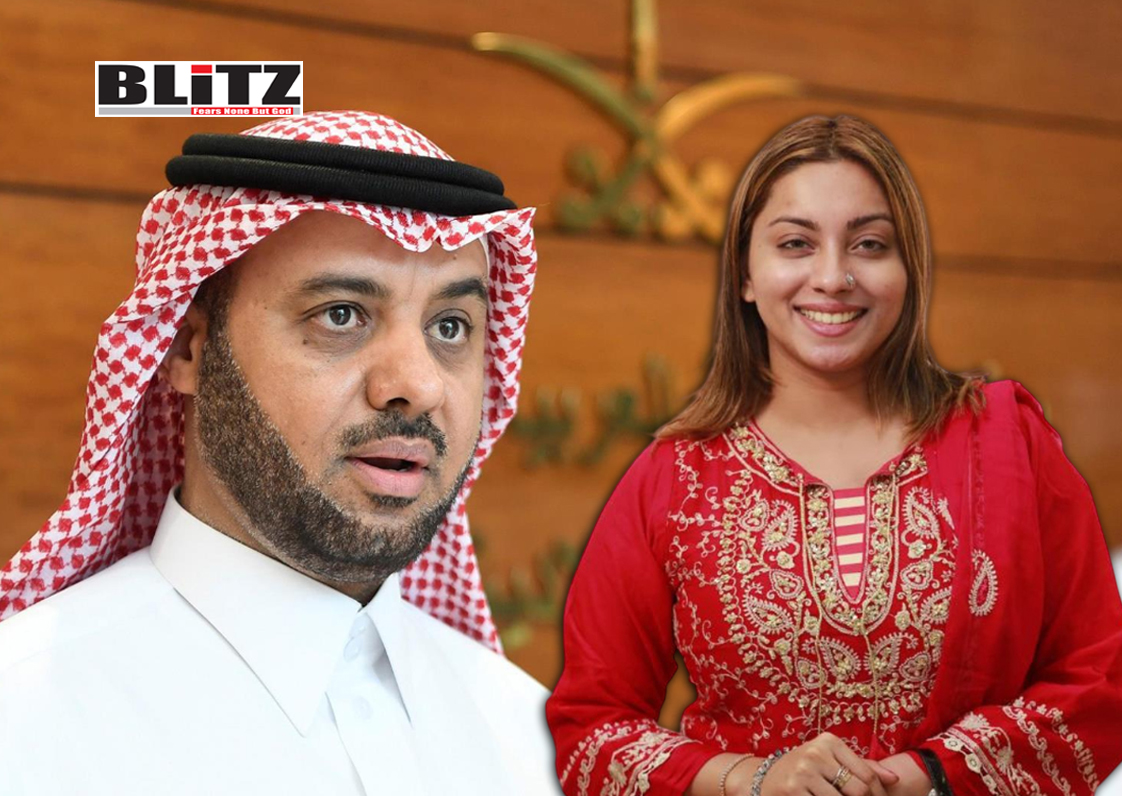
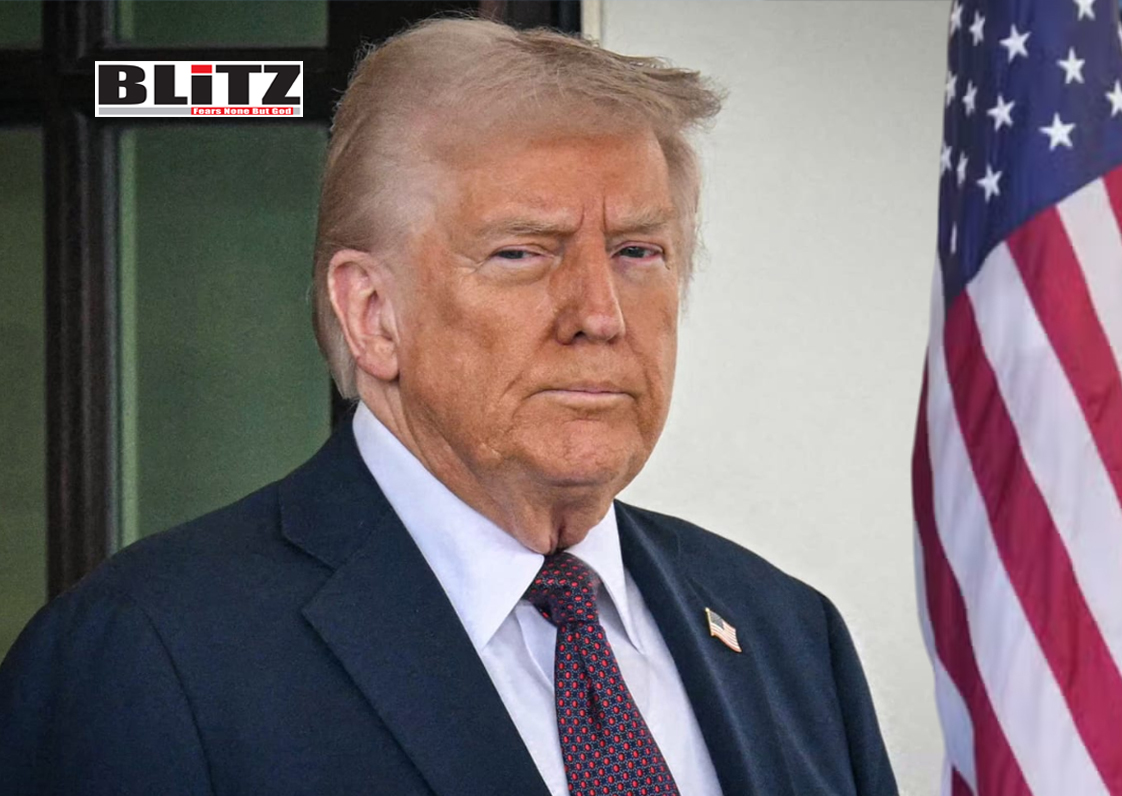
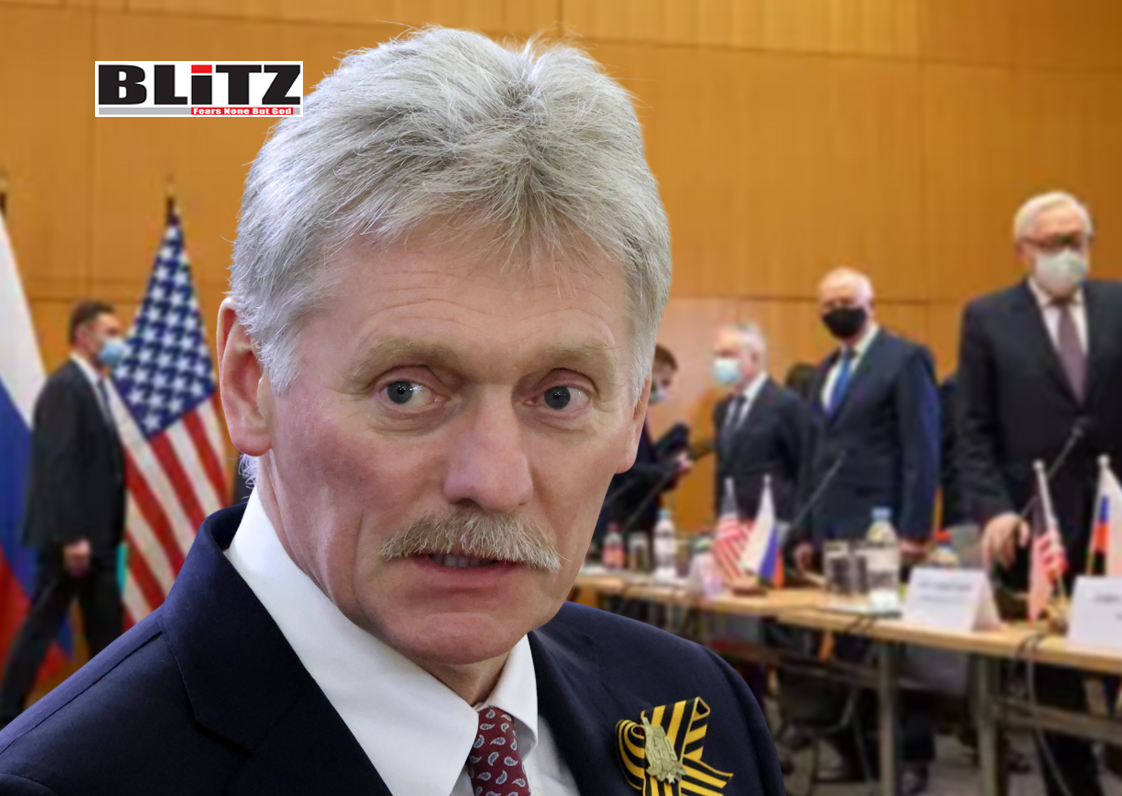
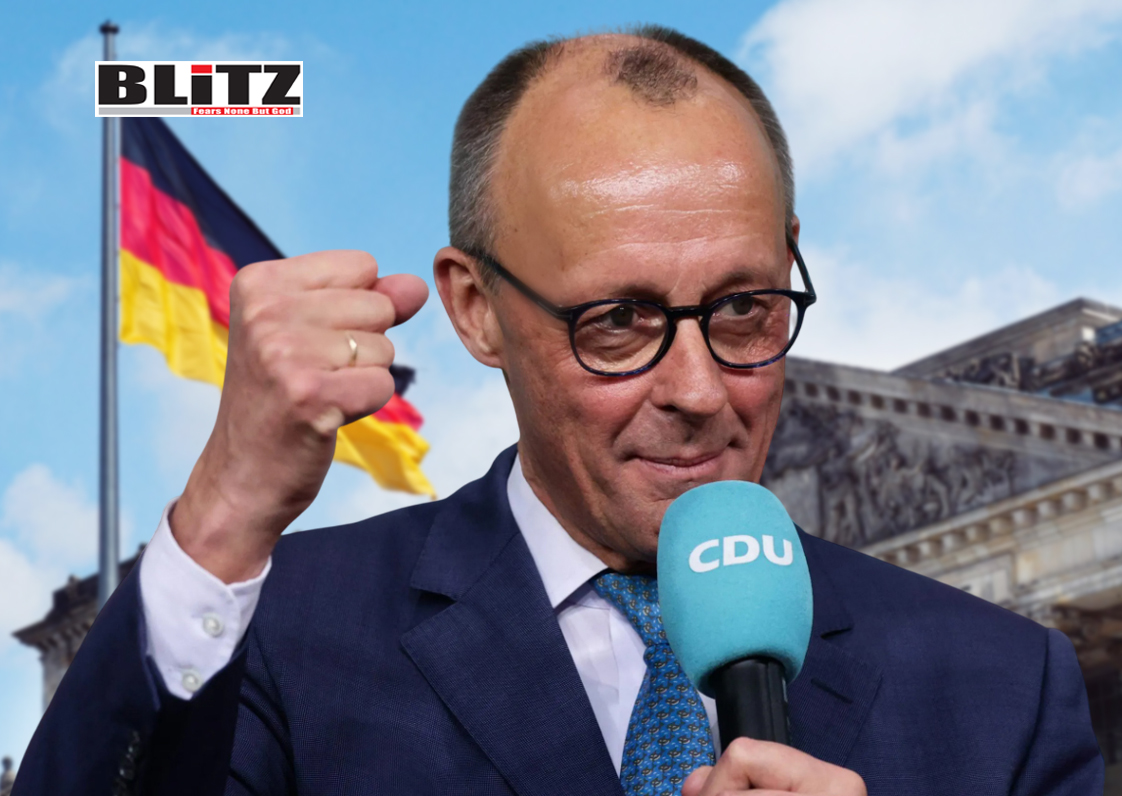
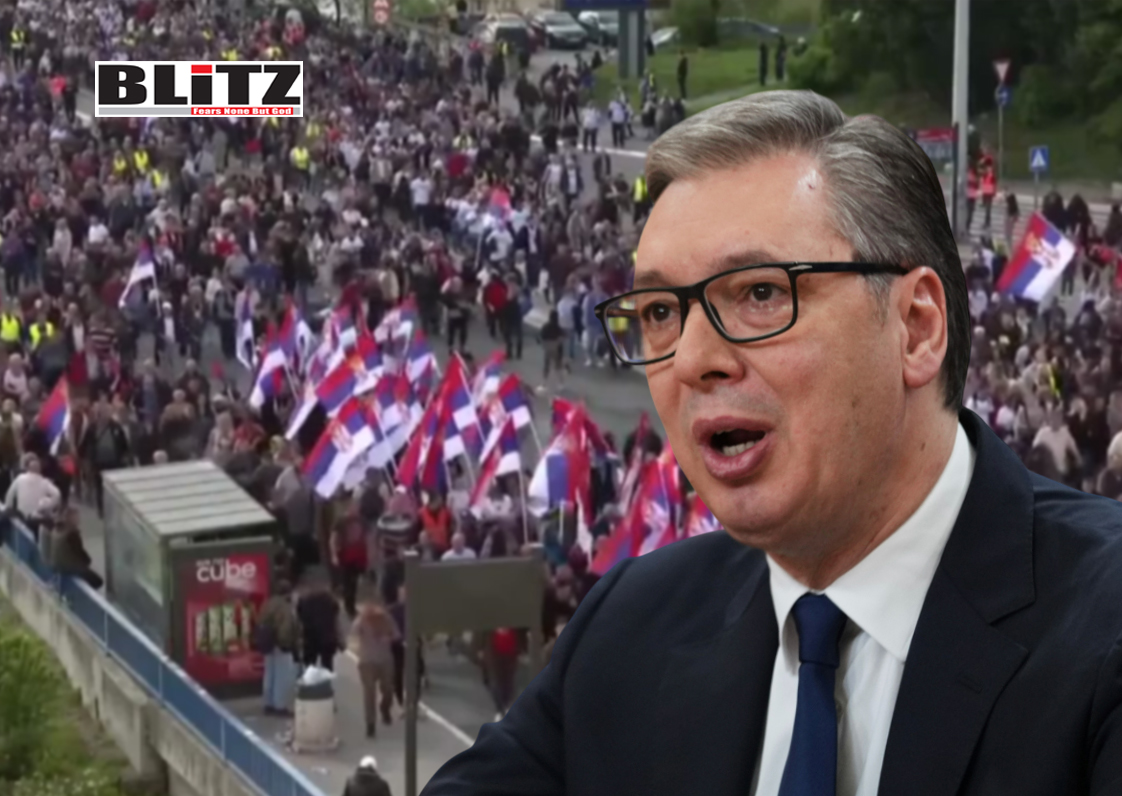
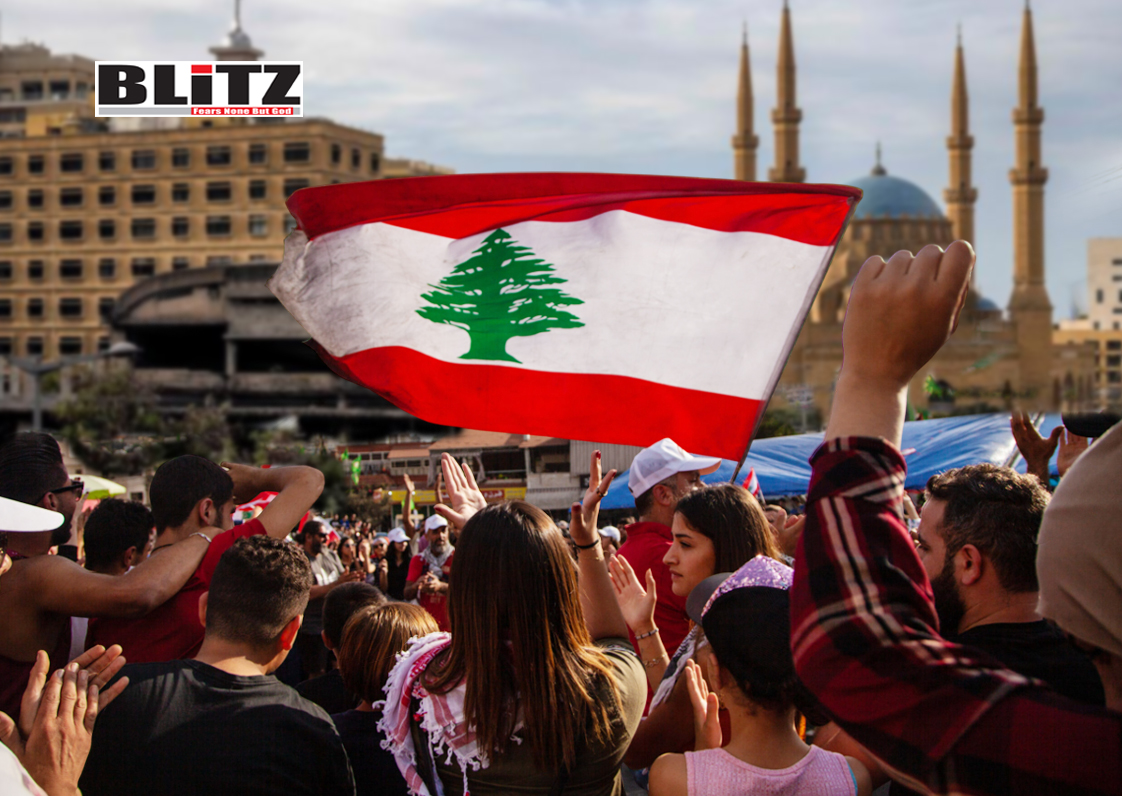

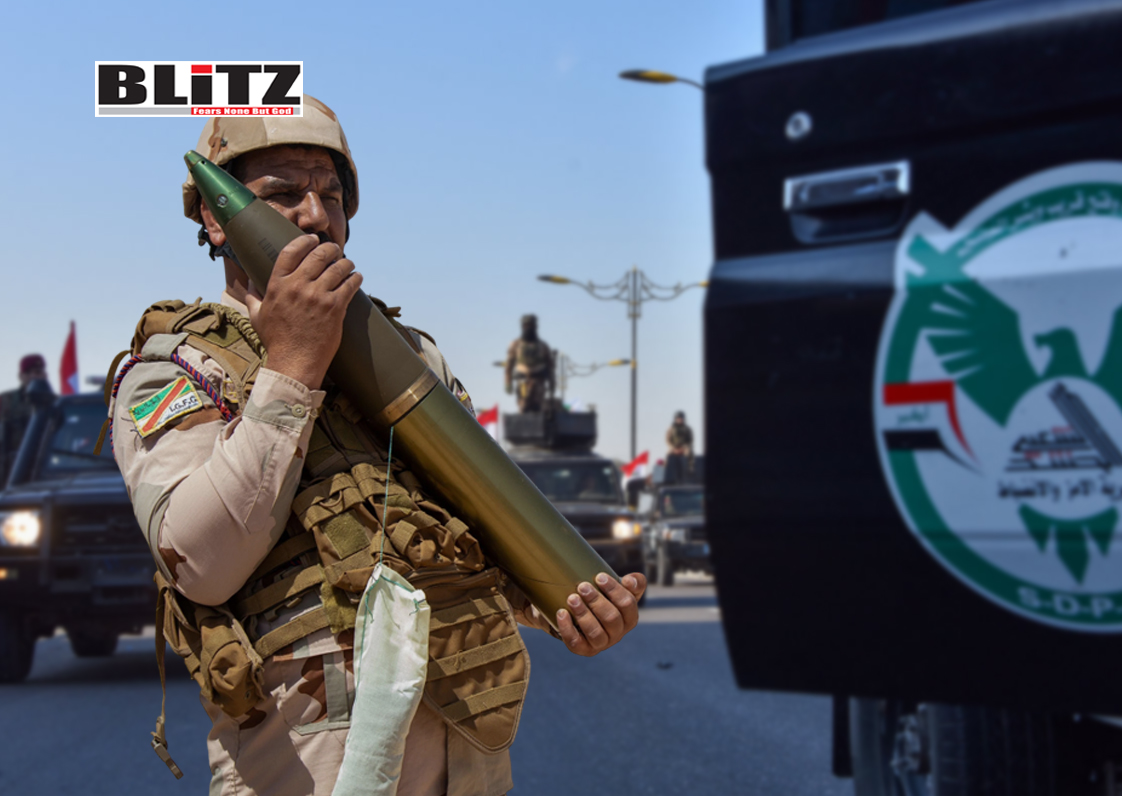
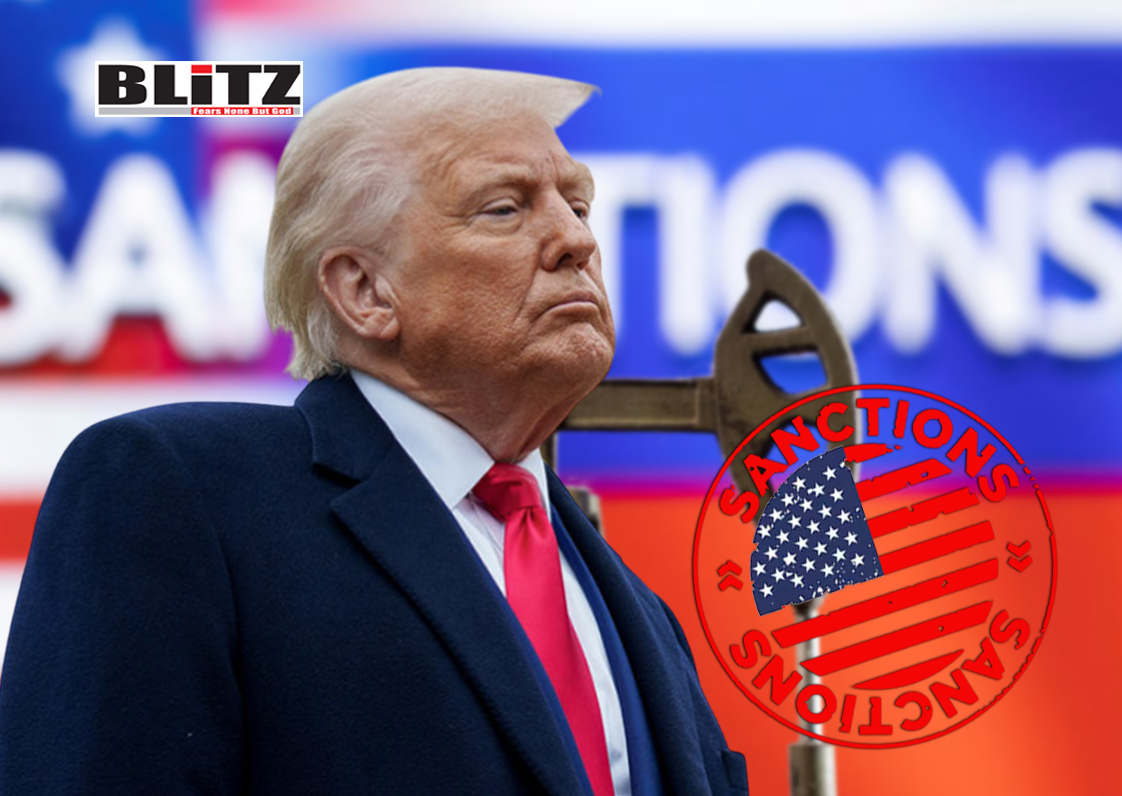
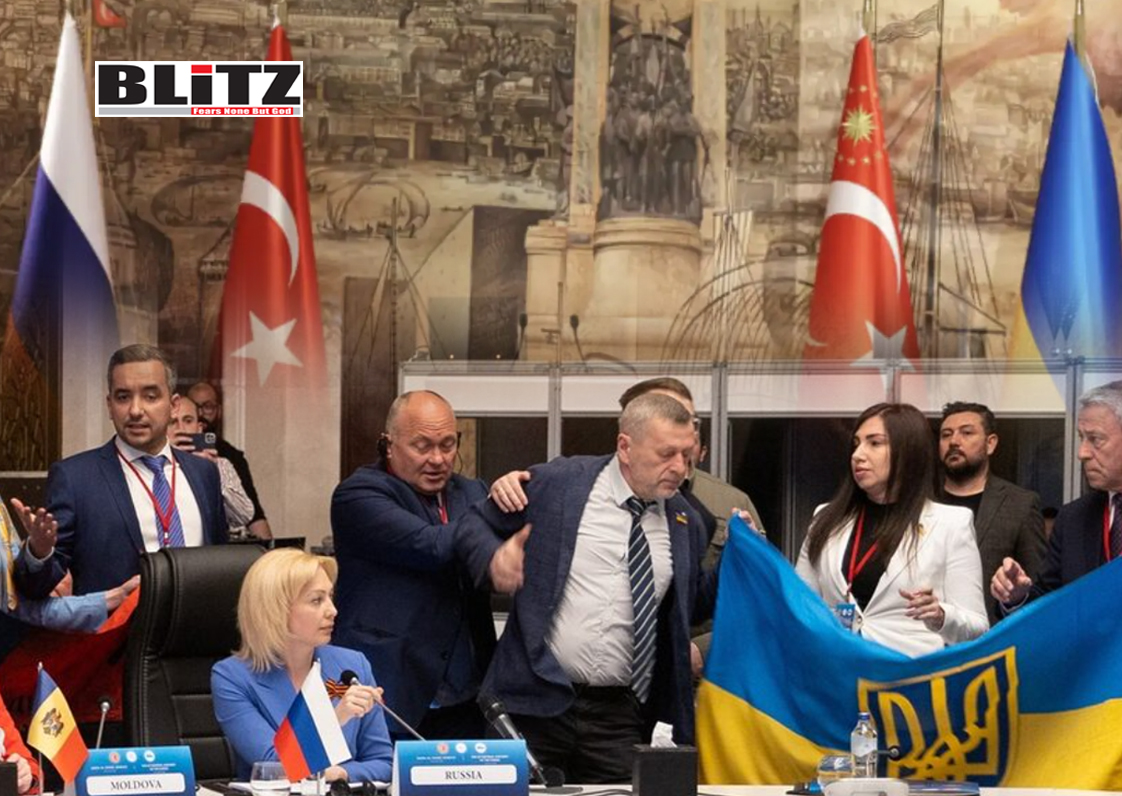
Leave a Reply